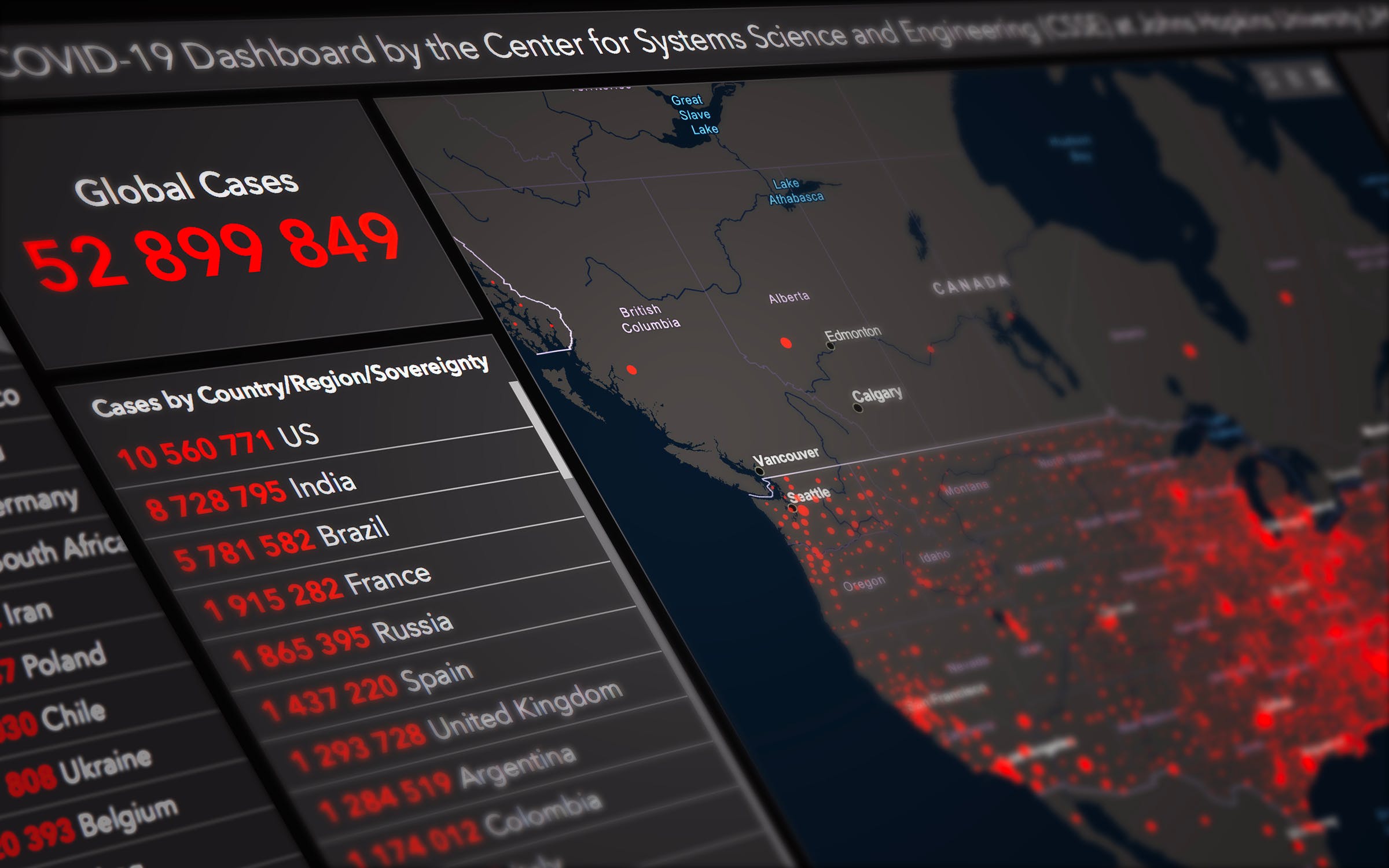
The Coronavirus Disease 2019, referred to as “COVID-19”, refers to pneumonia or upper respiratory symptoms caused by a new type of coronavirus infection (SARS-COV-2).
Monkeypox is a zoonotic viral disease caused by monkeypox virus (MPXV) infection.
Etiology
SARS-COV-2: Coronavirus is a large virus family, known to cause colds and more serious diseases such as Middle East Respiratory Syndrome (MERS) and Severe Acute Respiratory Syndrome (SARS). It is a new coronavirus strain that has never been found in humans before.
Monkeypox: Monkeypox virus (MPXV) is classified in the genus Orthopoxvirus of the Poxviridae family and is one of four genus Orthopoxviruses that are pathogenic to humans, the other three being smallpox virus, vaccinia virus, and cowpox virus.
Sensitivity of the Virus to Disinfectants
SARS-COV-2: Coronavirus is sensitive to ultraviolet light and heat. 56 ℃ for 30 minutes, 75% ethanol (alcohol), chlorine-containing disinfectant, peracetic acid, and other lipid solvents can effectively inactivate the virus.
Monkeypox: Monkeypox virus is resistant to drying and low temperature and can survive for several months on soil, crusts, and quilts. Sensitive to heat, it can be inactivated by heating to 56°C for 30 minutes or 60°C for 10 minutes. Monkeypox virus can also be inactivated by ultraviolet rays and general disinfectants. Additionally, sodium hypochlorite, chloroxylenol, glutaraldehyde, formaldehyde, and paraformaldehyde can be used to inactivate the monkeypox virus.
Host
SARS-COV-2: Bats, pangolins or mustelids, cats, and other species may be potential natural hosts. The new coronavirus is “more likely” to be introduced into humans through an intermediate host, or “possible” to be directly transmitted or introduced into humans through cold chain food.
Monkeypox: The main host of the monkeypox virus is African rodents (including African squirrels, tree squirrels, Gambian kangaroos, dormouse, etc.).
Source of Infection
SARS-COV-2: mainly people infected with the SARS-COV-2 (including those with symptoms and asymptomatic infections), which are contagious during the incubation period, and are most contagious within 5 days after the onset of symptoms.
Monkeypox: The main source of infection is rodents infected with the monkeypox virus. Primates (including monkeys, chimpanzees, humans, etc.) can also become sources of infection after infection.
Virus Transmission
SARS-COV-2: The main transmission routes are through respiratory droplets and close contact. Infection can also be caused by aerosol transmission in closed environments and contact with virus-contaminated items.
Monkeypox: The virus invades the human body through mucous membranes and broken skin. Humans are mainly infected by contact with infected animal lesion exudates, blood, and other body fluids, or by being bitten or scratched by infected animals. Human-to-human transmission is mainly through close contact, and it can also be transmitted through droplets. Contact with virus-contaminated items may also be infected, and it can also be transmitted vertically through the placenta. Sexual transmission cannot be ruled out.
Susceptible Groups
SARS-COV-2: The population is generally susceptible, and a certain degree of immunity can be obtained after infection or after receiving the SARS-COV-2 vaccine (ie, mild re-infection and low fatality rate).
Monkeypox: The population is generally susceptible. There is a certain degree of cross-protection against the monkeypox virus in people who have been vaccinated against smallpox in the past.
Endemic Areas
SARS-COV-2: Except for a few countries, all areas have been affected.
Monkeypox: The disease is mainly prevalent in Central and West Africa. Since May 2022, monkeypox cases have also been reported in some non-endemic countries, with community transmission.
Clinical Symptoms
SARS-COV-2: The incubation period is 1 to 14 days, mostly 3 to 7 days. The main symptoms are fever, dry cough, and fatigue. Some patients may experience nasal congestion, runny nose, sore throat, decreased or lost sense of smell and taste, conjunctivitis, myalgia, and diarrhea.
Monkeypox: The main symptoms are fever, rash, and swollen lymph nodes. The incubation period is 5-21 days, mostly 6-13 days. Chills and fever occur in the early stage of infection. The body temperature is mostly above 38.5 °C, which may be accompanied by symptoms such as headache, drowsiness, fatigue, back pain, and myalgia. Most patients present with swollen lymph nodes in the neck, armpits, and groin. A rash appears 1-3 days after onset. Monkeypox is a self-limiting disease with a good prognosis in most cases.
Diagnosis and Differential Diagnosis
SARS-COV-2: Diagnosis is made based on a comprehensive analysis of epidemiological history, clinical manifestations, laboratory tests, etc. Mainly differentiated from influenza.
Monkeypox: Cases are confirmed to have monkeypox virus infection with positive monkeypox virus nucleic acid test or cultured isolated monkeypox virus. It is mainly differentiated from other febrile and rash diseases such as chickenpox, herpes zoster, herpes simplex, measles, dengue fever, etc., and also from skin bacterial infections, scabies, syphilis, and allergic reactions.
Rapid Test Kits
SARS-COV-2: The COVID-19 rapid antigen and antibody test kits (lateral flow assay) have been widely used since the beginning of the COVID-19 outbreak. These tests are used in both professional and home testing.
Monkeypox: The monkeypox antigen and antibody rapid test kits were developed by a few lateral flow assay manufacturers in July – August 2022. Monkeypox antigen and antibodies can be detected by the rapid test cassettes in less than 15 minutes, which can be a great aid to healthcare professionals especially when access to PCR tests or viral culture is limited.
JOYSBIO Biotechnology was one of the first developers who launched the SARS-COV-2 antigen and antibody rapid test kits in early 2020 and has become one of the largest suppliers in Europe. In July 2022, the JOYSBIO Monkeypox rapid test kits were successfully commercialized in the market with great effectiveness in the early detection of the monkeypox virus.

